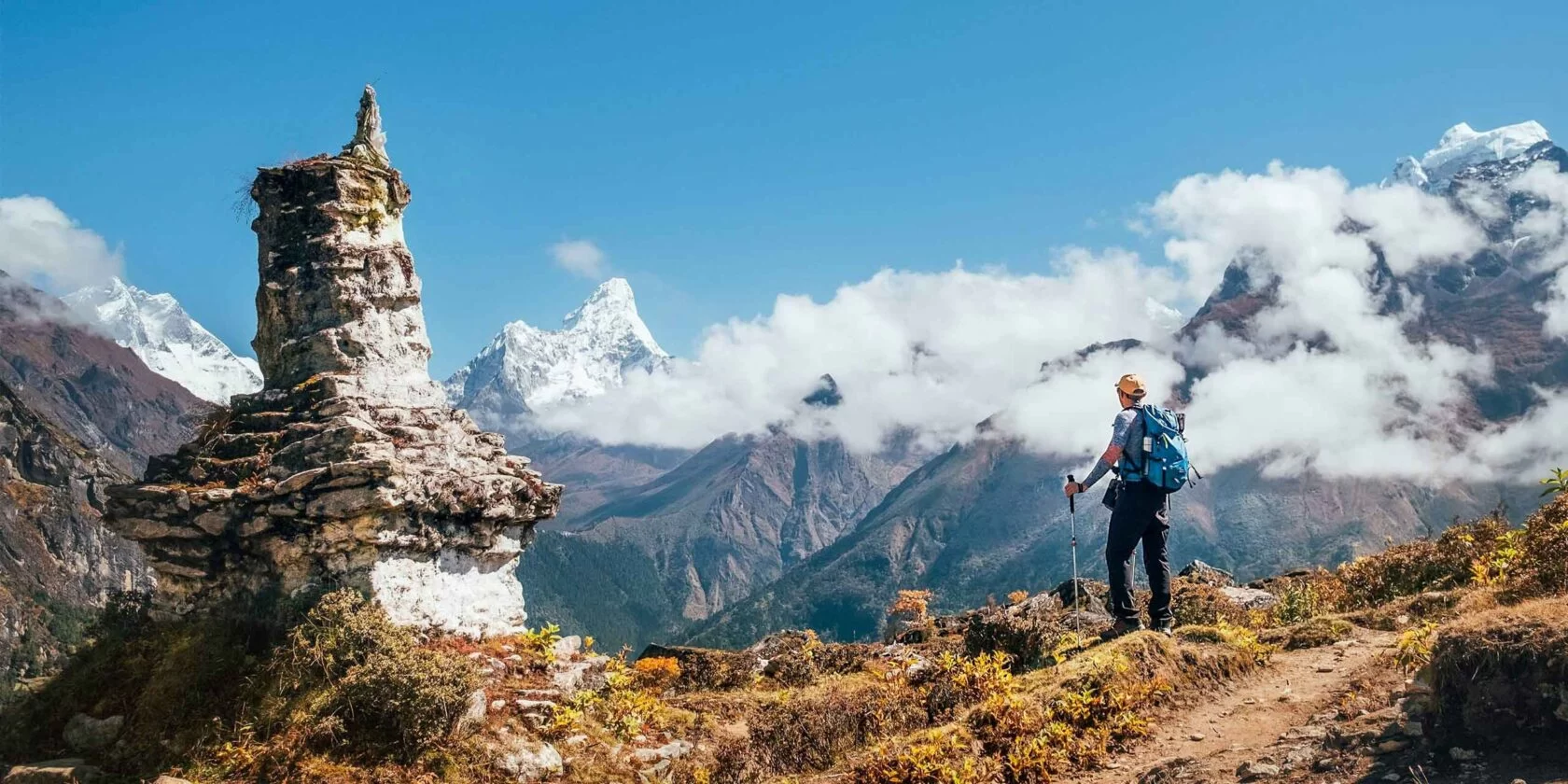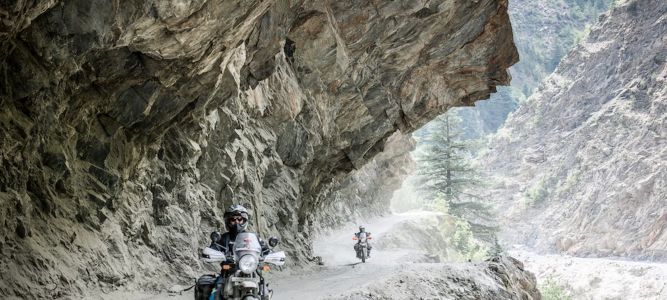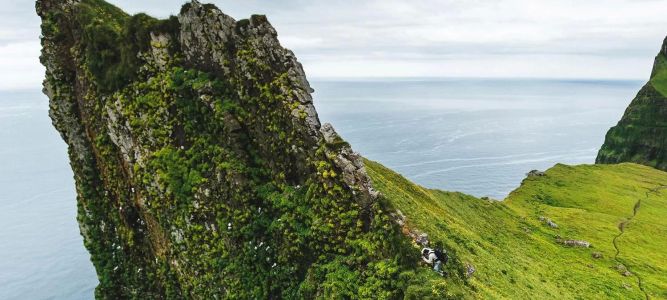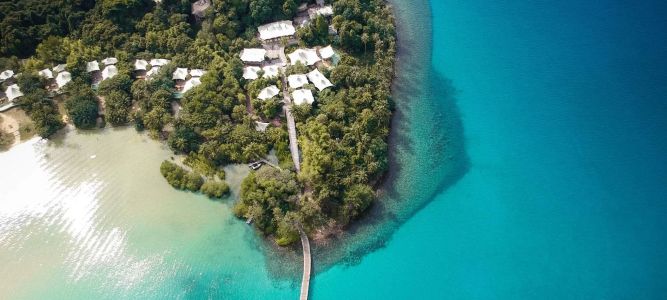The Best Places to Experience High-Altitude Trekking Adventures – Top Trekking Destinations for Adventurers
- Why High-Altitude Trekking is an Unforgettable Adventure
- Top High-Altitude Trekking Destinations
- Essential Gear for High-Altitude Trekking
- How to Prepare for High-Altitude Trekking
- Safety Tips for Trekking at High Altitudes
1. Why High-Altitude Trekking is an Unforgettable Adventure
High-altitude trekking offers an unparalleled experience for adventure enthusiasts seeking to push their limits. Hiking at high altitudes presents a unique set of challenges, such as thinner air, fluctuating temperatures, and rugged terrain. But the rewards are immense, from jaw-dropping views to the sense of accomplishment that comes with reaching a summit. The solitude and serenity of these remote areas, along with the stunning natural landscapes, create an unforgettable adventure for those who are prepared.
High-altitude treks take you to some of the most majestic and remote parts of the world, offering not only a physical challenge but also an opportunity to experience the raw beauty of nature. Whether you’re trekking to ancient ruins, snow-capped peaks, or lush valleys, high-altitude trekking will give you an adventure like no other.
2. Top High-Altitude Trekking Destinations
If you’re an experienced trekker or just someone looking for an adventure, here are the best places to experience high-altitude trekking adventures:
1. Mount Everest Base Camp, Nepal
The trek to Mount Everest Base Camp is perhaps the most iconic high-altitude trek in the world. At 17,600 feet, this trek offers a unique combination of cultural and natural beauty. The journey takes you through the Sagarmatha National Park, past Sherpa villages, and provides close-up views of some of the highest peaks on Earth. The trek is challenging, but reaching Everest Base Camp is a bucket-list achievement for many adventurers.
2. The Inca Trail, Peru
The Inca Trail is one of the most famous trekking routes in the world, and for good reason. This ancient path takes you to the majestic Machu Picchu, perched high in the Andes mountains. The hike spans about 26 miles and climbs up to 13,828 feet, offering trekkers breathtaking views of valleys, mountain peaks, and lush forests. The rich history, archaeological sites, and stunning landscapes make this a must-do high-altitude trek.
3. Kilimanjaro, Tanzania
Mount Kilimanjaro is the highest peak in Africa, and hiking it is an unforgettable experience. Standing at 19,341 feet, it offers several routes to the summit, each with its unique characteristics. From tropical rainforests to alpine deserts, the trek takes you through diverse landscapes. The challenge of hiking to the "roof of Africa" is exhilarating, and the views from the summit are nothing short of spectacular.
4. The Annapurna Circuit, Nepal
Another iconic trek in Nepal, the Annapurna Circuit offers a diverse landscape with views of some of the most famous peaks in the Himalayas. Spanning about 128 miles and reaching altitudes of 17,769 feet, this trek takes you through subtropical forests, alpine meadows, and high deserts. The Annapurna Circuit is a favorite among trekkers for its variety of landscapes and its relatively moderate difficulty compared to other high-altitude treks.
3. Essential Gear for High-Altitude Trekking
High-altitude trekking requires specific gear to ensure comfort and safety. Here’s a list of essential items you should pack for your trek:
1. Insulated and Waterproof Footwear
Your footwear is one of the most important items on a high-altitude trek. Choose waterproof, insulated boots that can handle cold temperatures, rocky terrain, and moisture. Proper footwear will ensure that your feet stay dry and comfortable, reducing the risk of blisters and injuries.
2. Warm Clothing and Layers
Temperatures can drop dramatically at high altitudes, especially at night. Layering is essential for warmth. Start with moisture-wicking base layers, add insulating mid-layers like fleece, and top it off with a waterproof outer shell. A down jacket is a great choice for insulation, and don’t forget gloves, a hat, and a scarf to protect extremities from the cold.
3. Hydration System
Staying hydrated is key when trekking at high altitudes. A hydration system like a Camelbak or water bottles is essential to ensure that you’re drinking enough water throughout your trek. Be sure to carry extra water to account for increased dehydration at higher altitudes.
4. Trekking Poles
Trekking poles are essential for balance and reducing strain on your joints, especially when navigating steep ascents and descents. They help distribute the weight evenly and can improve your stability, making your trek more comfortable.
4. How to Prepare for High-Altitude Trekking
High-altitude trekking requires adequate preparation. Here are some tips to help you get ready for the adventure:
1. Acclimatize
Acclimatization is crucial to avoid altitude sickness. Spend a few days at intermediate elevations before heading to higher altitudes. Take short hikes to gradually increase your body's ability to handle reduced oxygen levels.
2. Get Physically Fit
High-altitude treks are physically demanding, so it’s important to train beforehand. Build your endurance through cardio exercises, and strengthen your legs, core, and arms with weight training. Simulate hiking by walking uphill or on uneven terrain during your training.
3. Know Your Limits
It’s important to know when to turn back, especially when trekking at high altitudes. If you’re feeling unwell or experiencing symptoms of altitude sickness, don’t push yourself. Listen to your body and take necessary precautions to ensure your safety.
5. Safety Tips for Trekking at High Altitudes
Safety should always be a top priority when trekking at high altitudes. Here are some safety tips to keep in mind:
1. Monitor Your Health
Keep an eye on your health during your trek. If you experience symptoms of altitude sickness, such as headaches, dizziness, nausea, or fatigue, it’s important to stop and rest. Consider descending to a lower altitude if necessary.
2. Stay Informed
Always check weather reports and trail conditions before heading out. High-altitude weather can change rapidly, so it’s important to be prepared for storms, strong winds, or sudden temperature drops.
3. Travel with a Guide
If you're not an experienced high-altitude trekker, consider hiring a local guide. A knowledgeable guide can help with navigation, safety, and acclimatization, ensuring that you have a smooth and successful trek.
Ready to take on the challenge of high-altitude trekking? Visit Travelers Odessa for expert recommendations and to book your next trekking adventure. Whether you're tackling Everest or exploring the Inca Trail, we’ll help you make your adventure unforgettable!






